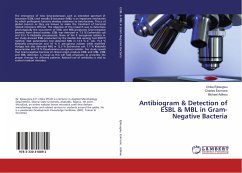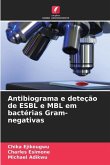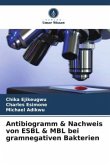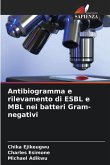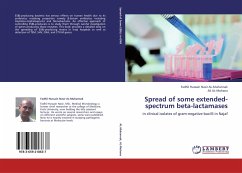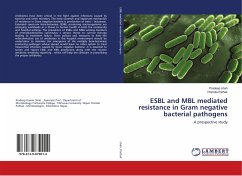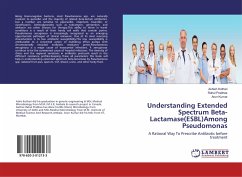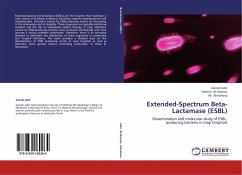The emergence of new beta-lactamases such as extended spectrum beta-lactamase (ESBL) and metallo beta-lactamase (MBL) is an important mechanism by which pathogenic bacteria develop resistance to beta-lactams. This is of global concern as they are known to make the treatment of bacterial related infections difficult. The objective of this research was to determine phenotypically the occurrence of ESBL and MBL-producing Gram-negative bacteria from clinical isolates. ESBL was detected in 7.5 % Escherichia coli and 33.3 % Klebsiella pneumoniae. None of the P. aeruginosa isolates in our study showed ESBL production by the double disk synergy test (DDST) method. Disk potentiation test detected MBL in 12.5 % E. coli, 15.4 % Klebsiella pneumoniae and 10 % P. aeruginosa isolates while modified Hodges test also detected MBL in 12.5 % Escherichia coli, 7.7 % Klebsiella pneumoniae and 15 % Pseudomonas aeruginosa isolates. Our study reveals that Gram-negative bacteria of clinical origin produce ESBL and MBL. ESBL and MBL detection is crucial as this will help physicians to prescribe the proper therapy for affected patients. Rational use of antibiotics is vital to control resistant microbes.
Bitte wählen Sie Ihr Anliegen aus.
Rechnungen
Retourenschein anfordern
Bestellstatus
Storno

